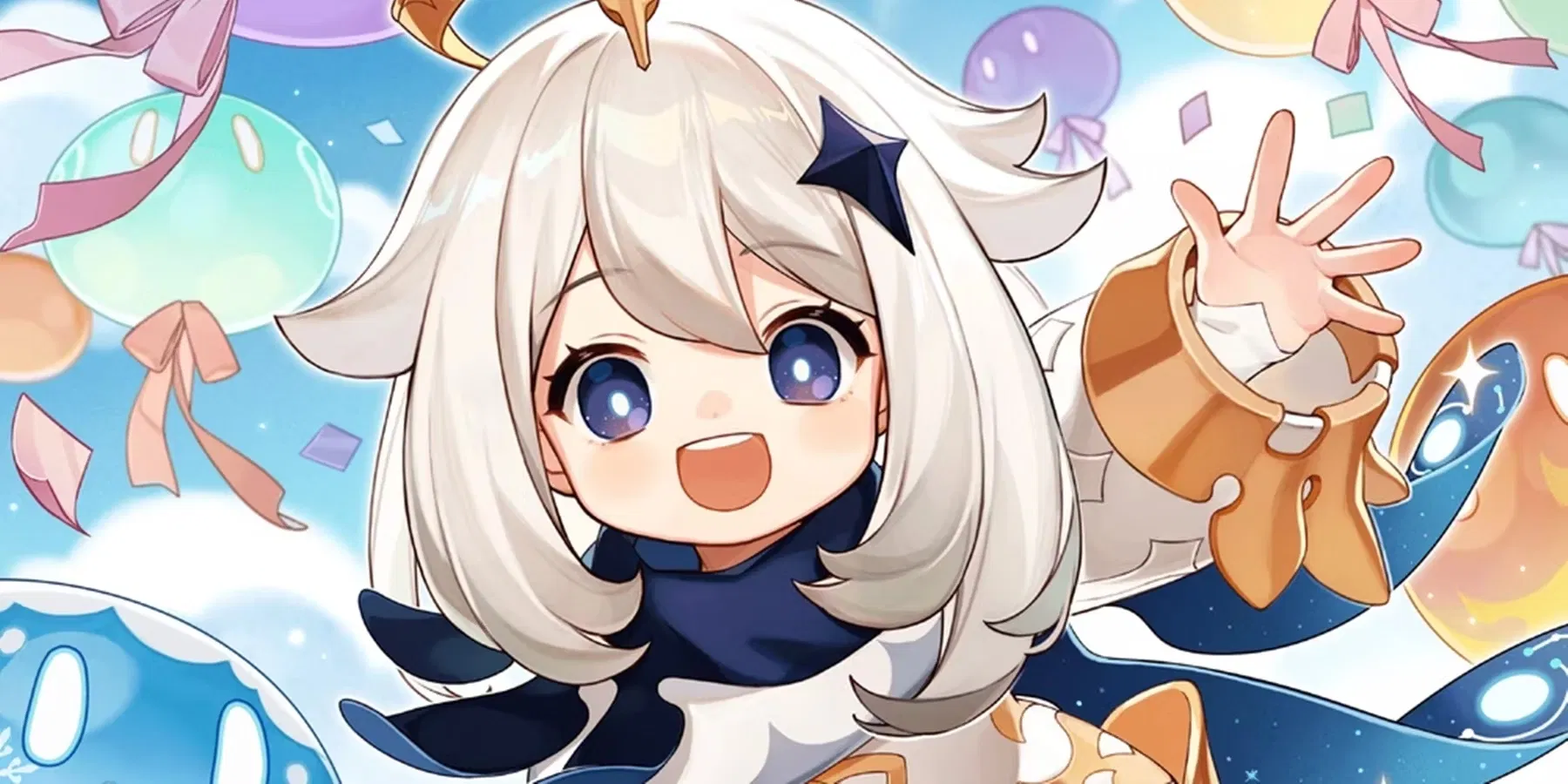Bittersweet emotions linger over me as I step outside of our way-too-small room for the last time. The first time I stepped through the door, I’d expected to stress over class projects for days on end, and hate my life as I look over code that makes no sense for me, because I’m not qualified enough, or skilled enough, to make games. I was also a week late coming into the class which definitely didn’t help my case.
Why did I still choose to take the class, you ask? I really wanted to make games in the future as a hobby, and was ready to take on the frustrations or consequences that came with learning how to do so.
Thankfully, my gpa won’t be plummeting straight to the underworld as I’d expected (at least, not for this class).
In the class, I betrayed my product design background to embrace game design terms – user test became playtest, core features became core mechanics, and user insights became player feedback. I started adopting new game design lingo – feedback loop, balance, flow, system…least to say, my game design friend from back home was very proud.
I learned how to make the most out of every playtest (set goals, tease out specific mechanics/interactions, observing players’ body language), and how astonishingly intentional games really are. Someone sat through multiple late-night brainstorming sessions, tortured playtesters over and over, to make a game like Monopoly that makes my family fume at each other every time we play the game – intentionally. Simultaneously, those same intentions are designed to be as discreet as possible, to achieve a natural player experience. And I think that’s the hardest part. Whether it’s making the game rules or moderating, there’s always an urge to tell players what to do, or to constrict them in a way that only leaves the path you wanted them to take. But a game that’s too constricted leaves players with very little agency and often does not achieve deep immersion.
Through way too many playtests, I also realized something else – how different people are. Yes, that’s a very ‘duh’ statement, but seeing one player rave about the game while the person next to them absolutely never wants to play the game again is amusing. It also goes to show how important it is for a game designer to know their target audience, because a game simply cannot please everyone and anyone.
I’m actually very glad the class didn’t focus only on digital games, because I think playing with board games helped me grow closer to a lot of my classmates (except when I get mercilessly killed, despite playing as the game mascot). Even though Genshin unfortunately got bashed on a lot, Kunwoo’s presentation was very cool – it never clicked in me before that an intersection of AI and music is games. His past projects and current research interests really showed the range of possibilities in the realm of that intersection wonderfully.
I do still think Genshin is more artful than it is not, because of its advanced battle mechanics, beautiful scenes, phenomenal music, and mini-stories with a wide range of themes (grief, guilt, selfishness, rigidness of academia, power and rule). It also created a very tight knit and active community of people who bond over their love for the game. Hoyo Fair (which I really wanted to go), the numerous Genshin streams, Genshin cosplays, and people performing music or traveling together in the online world are some examples of the vibrant community the game has formed. That being said, I do agree with Kunwoo’s concern about the game being designed to take away players’ agency, and feel icky about it too.
Being a designer, I tend to think with my eyes (something should look good before it works well, right?), which sometimes hampers thoughtfulness in the choices I make. I’m exactly the type of person to make a game like Casting Shadows, where the visuals are absolutely adorable, but the game mechanics and flow unfortunately falls flat. When I make games in the future, I know a lot more about what I’m stepping into, and will be more mindful of the game system, components, and mechanics. Of course, design and aesthetics is still important, just not overshadowing everything else.
What was most valuable for me in terms of this class was definitely igniting my curiosity. Being an undergrad senior who’s taken required classes every quarter at 22 units for 6 quarters straight has definitely given me a very cynical and jaded outlook (which is very unfortunate, I agree). I don’t think I retain a lot of knowledge from my classes, and I tend to not care about the contents beyond what I need to for my grade. I’m stressed about coterming, and life after college, both of which have been looming over me, ready to fall like Thwomp in Mario. This class has, thankfully, been different. I signed up for the class motivated by what little passion I could muster, and stepped out with much more. The amazing people in our class, all with very different interests and perspectives, made me challenge my own values and grow as a person. I genuinely cared about the work I did (no, not all of them, just Snapshot and Mundane), that I enjoyed staying awake till 4 am finding audio files for a short interactive fiction game while I have to wake up in a couple hours. It’s sad to say, but as I stayed longer and longer at Stanford, I think my curiosity for things and people have waned to a sliver of what it used to be when I first got my college acceptance. But this class gave me hope that my passion for work and others is not completely gone, just laying dormant somewhere.




